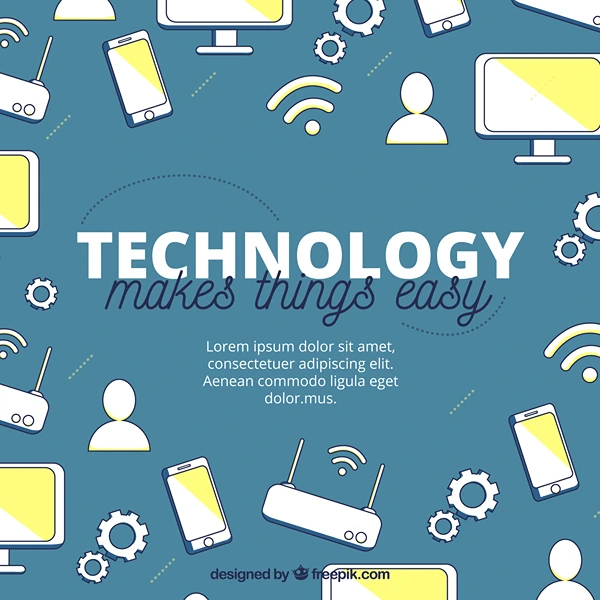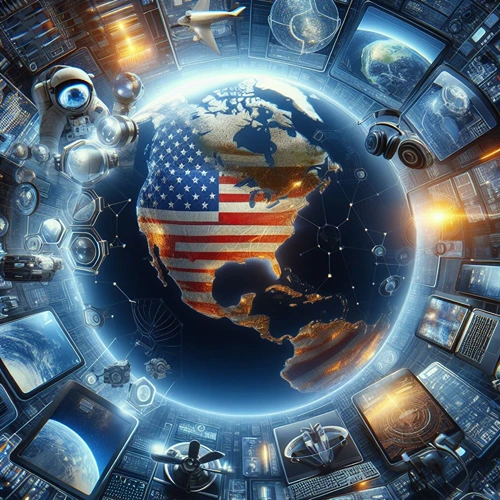As the field of Artificial Intelligence (AI) continues to make remarkable strides, it brings with it a wave of transformative changes and challenges. The rapid development of AI technologies has sparked discussions on the potential impact they may have on employment in the future. While AI holds the promise of increased efficiency and innovation, it also raises concerns about job displacement and the need Advancement for adaptation in the workforce.
The Progress of AI
In recent years, there have been notable advancements in the field of Artificial Intelligence (AI), marked by the increasing sophistication of machine learning algorithms. AI systems have reached a point where they can execute intricate tasks, ranging from data analysis to natural language processing, demonstrating a precision and speed that exceeds human capabilities. This evolution in AI technology has facilitated its integration across diverse industries, bringing about a revolutionary transformation in the operational dynamics of businesses and the functioning of society at large.
The Dilemma Artificial Intelligence of Unemployment
The conundrum of unemployment persists notwithstanding the incontrovertible merits of Artificial Intelligence (AI). A burgeoning apprehension surrounds its conceivable capacity to perturb entrenched paradigms within traditional employment frameworks. The impetus behind this perturbation lies in the surging tide of automation propelled by AI technologies, wielding the latent potential to supplant erstwhile routine and monotonous tasks. Consequently, a perceptible metamorphosis in the landscape of available employment ensues, beckoning forth a contemplation on the prospective destiny of specific industries. Simultaneously, an unsettling query surfaces regarding the employability of individuals, whose proficiencies, once deemed adept, stand at risk of obsolescence in the relentless face of automation.
Adapting the Workforce
The imperative task of adapting the workforce to the challenges posed by Artificial Intelligence (AI) necessitates the implementation of proactive measures. A collaborative effort among policymakers, educators, and businesses is indispensable to formulate comprehensive strategies facilitating a seamless transition for workers whose occupations are susceptible to automation. This collaborative endeavour encompasses an investment in educational and training programmes strategically designed to endow individuals with the requisite skills demanded by the evolving job market. Furthermore, instilling a culture of perpetual learning and upskilling stands as a pivotal component of this adaptation process, thereby empowering workers to sustain their relevance within the dynamic terrain of a technology-driven landscape.
Creating New Opportunities
While The advancement AI may displace certain jobs, it also opens up new possibilities for employment. The development, maintenance, and oversight of AI systems require human expertise. As such, there is a growing demand for professionals skilled in AI development, ethics, and governance. Governments and industries must invest in initiatives that encourage the growth of AI-related occupations to ensure a balanced job market.
The advent of Artificial Intelligence (AI), although displacing some occupations, concurrently unfolds novel prospects for employment. The creation, sustenance, and supervision of AI systems necessitate human expertise, thereby giving rise to an escalating demand for professionals proficient in AI development, ethics, and governance. In response to this evolving landscape, governments and industries are urged to invest in initiatives fostering the expansion of AI-related occupations, ensuring the cultivation of a balanced job market that aligns with the demands of a technologically driven era.
The advancement of AI presents a dual-edged sword – offering unprecedented opportunities for progress while posing challenges related to unemployment. Striking a balance between harnessing the benefits of AI and mitigating its potential negative impacts on employment requires collaborative efforts from all stakeholders. By embracing a proactive approach to workforce adaptation, society can navigate the evolving landscape of AI, ensuring that technological progress is harnessed responsibly for the benefit of all.




